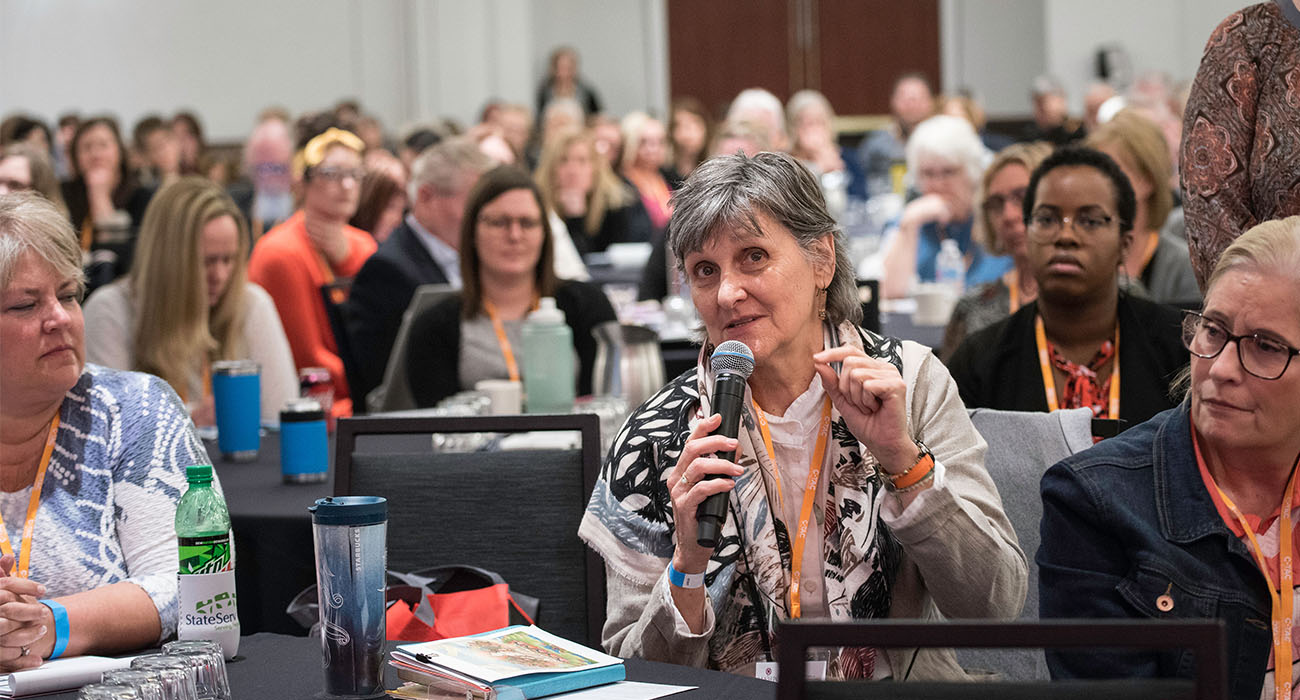Learning Objectives

Day 1 | Palliative Care Practice
Description: Day 1 of the summit is focused on palliative care practice. This training is designed to advance the palliative care knowledge of healthcare professionals serving patients with serious illness.
Target Audience: This training is designed for social workers, nurses, physicians, physicians assistants, spiritual counselors, music therapists, occupational therapists, physical therapist, certified nursing assistants, volunteers, social service providers, home health care providers, and all who care for patients with serious illness.
Session 1 | 8:30am: Primary Palliative Care: A Patient-Centered Approach for the Interdisciplinary Team
Timothy Jessick, DO, Julie Christensen, DNP, FNP-BC, ACHPN, Katalin Vogt, MSW, CAPSW, APHSW-C
By the end of the session, learners will be able to:
- Describe the benefits of advance care planning for patients, families and health care professionals
- Identify strategies for incorporating goals of care discussions as a routine part of every seriously ill patient’s treatment plan
- Apply specific communication skills
Fast Facts: FF 141 ”Prognosis in End Stage COPD”; FF 143 “Prognostication in Heart Failure”; FF 360 “The Surprise Question as a Prognostic Tool”; FF 179 “CPR Survival in the Hospital Setting”; FF 365 “Language for Routine Code Status Discussions”; FF 223 “The Family Meeting: Starting the Conversation”
Session 2 | 12:15pm: Impact of Military Experience
Kelly Cooke, DO, FAAHPM, FASCO
By the end of the session, learners will be able to:
- Describe military culture
- Describe psychological and existential suffering associated with combat or lethal training
- Describe interventions that assist veterans and families at end of life
Fast Facts: FF 152 “The Military as a Vehicle for exploring EOL Care with Veterans”; FF 398 “Assessment and treatment of PTSD at the end of life”
Session 3 | 12:50pm: Common Ethical Issues in Palliative Care with a Surrogate Decision Maker
Sarah Meyer, MSW, CAPSW, ACHP-SW
By the end of the session, learners will be able to:
- Define surrogate decision maker
- Discuss common ethical principals
- Discuss capacity vs incapacity
Fast Facts: FF 226 “The Family Meeting- Helping Surrogates Make Decisions”
Session 4 |1:25pm: Is a Natural Death Even Possible Anymore?
Sean Marks, MD
By the end of the session, learners will be able to:
- Examine the published medical literature on how natural death is conceptualized and defined.
- Name 5 chronic illnesses for which advances in life-prolonging therapies have significantly transformed the end-of-life decision-making process.
- Identify at least 3 care strategies to help patients navigate the exhausting end-of-life decision-making process in the era of unnatural deaths.
Fast Facts: FF 326 “Illness Trajectories”; FF 225 “Family Meeting - Causes of Conflicts”; FF 226 “The Family Meeting -- Helping Surrogates Make Medical Decisions”
Session 5 | 2:30pm: Oncology & Palliative Care - Strange Bedfellows No More
Olumuyiwa O Adeboye, MD, MBA, FACP, FAAHPM
By the end of the session, learners will be able to:
- Describe why integration of Palliative Care with Oncology is important
- Identify the ideal time for such integration for patients
- Describe how such integration take place
Fast Facts: FF13 “Determining Prognosis in Advanced Cancer”; FF#409 “Financial Toxicity and Cancer Care”
Session 6 | 3:05pm: When to Refer to Palliative Care/Hospice
Julie Christensen, DNP, FNP-BC, ACHPN
By the end of the session, learners will be able to:
- Discuss the benefits of well-timed hospice / palliative care referrals in a patients plan of care
- Identify characteristics in patients or disease progression that can help identify the right time to refer for hospice or palliative care.
Fast Fact: FF226- “Consultation etiquette in palliative care”
Session 7 | 3:40pm: Advance Care Planning for Everyone
John Maycroft, MPP
By the end of the session, learners will be able to:
- Discuss the successes, limitations and unfinished business of advance care planning
- Consider what the health care, nonprofit and legal worlds can achieve in advance care planning, and what more is needed
- Hear & address the potential of the Celebrity Death Plans podcast and other novel marketing
Fast Fact: FF162- “ACP in chronic illness”
Day 2 | Palliative Care Policy and Payment
Description: Day 2 of the Palliative Care Summit will be focused on policy and payment. We will discuss payment challenges and opportunities related to palliative care. Attendees will hear from national, state, and local experts, and together, co-create and commit to action steps to move palliative care payment forward across all of Minnesota.
Target Audience: Those interested in helping to advance palliative care payment in Minnesota including practitioners and policy and payment decision makers.
Learning Objectives:
By the end of this session, learners will be able to:
- Discuss payment challenges and opportunities related to palliative care for providers and payers
- Describe the current state of palliative care payment in Minnesota
- Agree on and commit to actionable ways to move palliative care payment forward in Minnesota
|